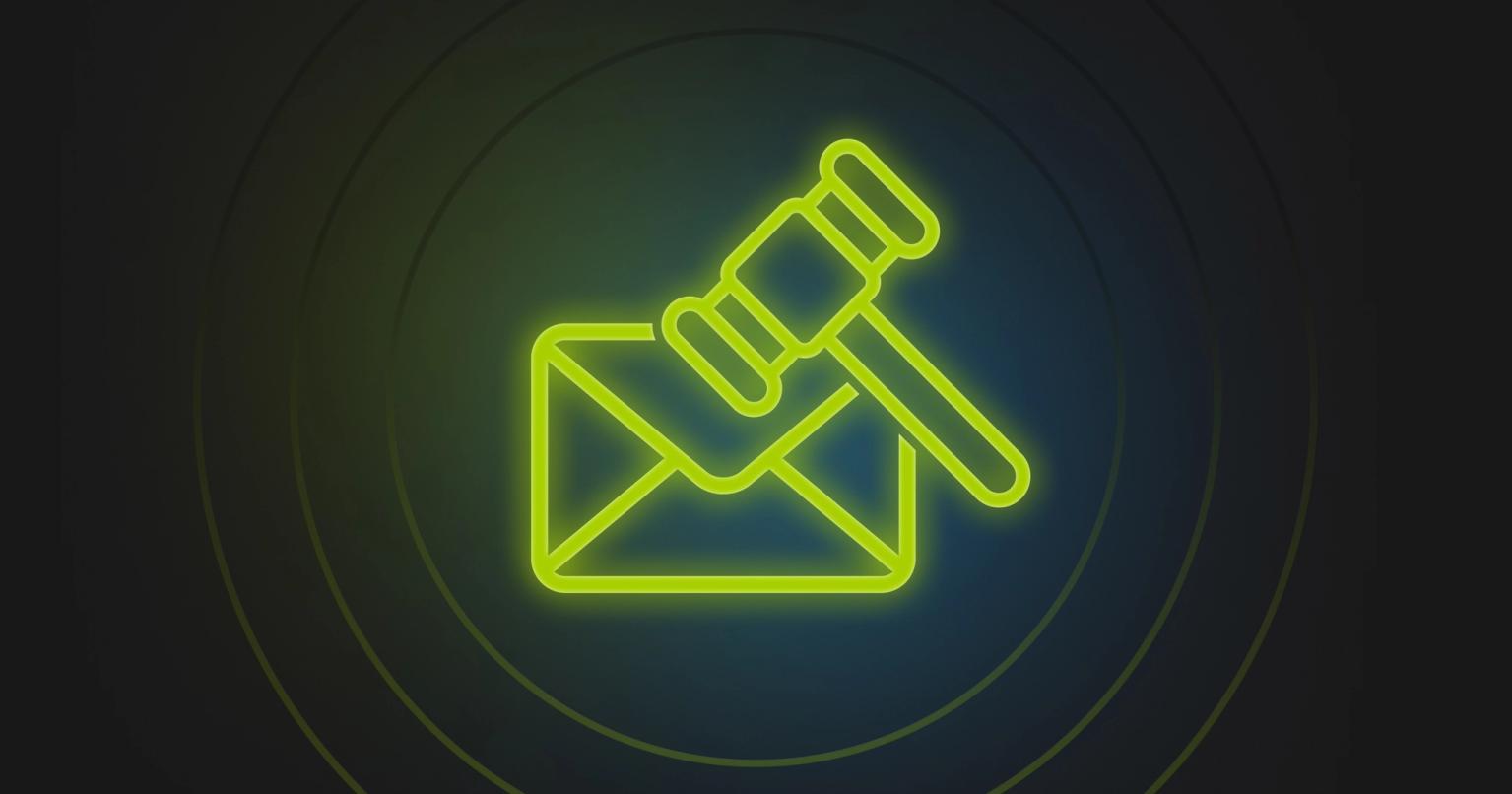I’m an entrepreneur and I thrive on stress – here’s how I manage it

I regularly get together with a group of entrepreneurs. We meet to compare notes, encourage one another and talk about the things that matter to us.
At a recent meeting, one member of the group talked about how he was bored.
Then he surprised us by adding that he was bored because his business was running well.
He told us he missed the stress and adrenaline rush that come when you are pushing things to the limit, and mused about whether he should deal with his boredom by shaking up his business.
His comments resonated with me. They made me realize that I, like many entrepreneurs, enjoy the stress that comes with doing what I do. In some ways, you could say I’m addicted to the buzz.
In this post, I want to talk about stress, stress management, and why it’s important for every entrepreneur to understand how much ‘the buzz’ matters to them.
Stress is part of being an entrepreneur
Entrepreneurs thrive on stress. Like other entrepreneurs, I enjoy the energy and tension that come from starting something new, solving problems on the fly and turning an idea into a going concern. It’s thrilling when you are able to get your company back on track after coming perilously close to the edge, or snap up a new customer or score a win after a competitive deal.
While stress in small doses can be a good thing by stimulating people to perform at peak levels, too much stress, for too long a period, is not so good. It can undermine health, good judgment and long-term ability to function.
That’s why balance is important.
Everyone has their own take on the issue.
Forbes magazine, for example, has written about three strategies to avoid entrepreneur burnout, while Canada’s BDC (a business development bank for entrepreneurs) recommends these 10 tips to help entrepreneurs deal with stress.
When it comes to managing stress, here’s what works for me.
1. I keep expectations and emotions in check
One way I manage stress is by making a conscious effort to avoid riding a roller-coaster of emotions brought on by good or bad news. In other words, I work hard to avoid overreacting to both successes and problems.
For example, if we try something new I never expect it to succeed as a matter of course. Instead, I prepare myself for it not working out.
If it does succeed, all the better. But mentally I am prepared if our new idea flops.
In my view, if you expect everything to work out you are just setting yourself up for failure and more stress.
That kind of mindset works for me. My therapist once told me that stress is the delta between your expectations and reality. And the bigger the delta, the more stress you feel. So I try to keep the delta small by keeping expectations low.
2. I’m comfortable with being uncomfortable
Now that Knak has come successfully through a growth spurt, now that we have investor funding and a new office and new employees, now that things are working well, you’d think I’d be content to take a breather.
But like my leadership team colleague, I’m feeling a bit unnerved by what I perceive as a lowering of the general stress level around me. Something inside of me is telling me I need to rev things up.
When you get into the habit of solving problems all day, it’s difficult to give it up being in crisis mode. For the last 10 years or so, I have been worrying about whether Knak would survive. I have been solving problems on a daily basis with survival in mind.
Now I don’t have to worry at that level of intensity.
It’s hard.
So what do I do next? Should I shake things up?
Right now I’m living with the discomfort that comes from not feeling as stressed as I used to.
Maybe things really aren’t as stressful as they used to be. Or maybe they are, except that I have just gotten better at dealing with stress!
I don’t know.
But what I do know is that I am comfortable with feeling uncomfortable.
Discomfort is not a bad thing. In fact, positive changes often grow out of discomfort, which allows you to shed your complacency like a snake sheds its skin.
I’m going to see where my current discomfort takes me.
3. I talk things out
One way to deal with stress is to talk it out with someone.
There are many options – peer groups like the leadership group I mentioned at the start of this post, or coaches, or mentors. (I’ve written about how to use mentors to develop and grow your company.) What’s important is to have to have someone you can express yourself to.
4. I exercise to physically release stress
Exercise is a good stress reliever for me. That’s why, at the end of my work day, I do a Peloton ride. It gets my mind off work. If I’m frustrated or annoyed, I can let it out on the bike.
Hobbies and activities like golf and skiing also help balance out your life. And as a bonus, you can get some good ideas when you’re off on a ride or a run or a walk.
5. When I disconnect, I REALLY disconnect
In Knak’s early days, when our team was small, it was hard for me to really get away. But now that we have a bigger team, I can – and do – allow myself vacations.
And to make sure those vacations provide me with a real break, I do something radical: I physically delete all my work apps from my phone. Slack, emails – they’re gone. I reinstall everything when I get back to the office.
If there’s an emergency and someone has to reach me, my staff knows to text me.
And since texting is something they never normally do, the method works. I rarely get messages when I’m on vacation – something I’m very grateful for.
Looking ahead
I do want to retire one day.
Not anytime soon – I’m young enough and energetic enough to want to keep working for quite a while yet.
But I’m a planner by nature. And for that reason, I’ve already started to wonder how I’ll cope when I have no job to give me my daily fix of stress.
Will I become one of those entrepreneurs who can’t stand retirement and gets another startup going within a few months?
I don’t know.
I do know that I’ve learned to tell myself the grass will always seem greener on the other side.
Entrepreneurs who don’t sell a successful business can find themselves cursing their decision when they realize they’ve got to keep on dealing with the daily problems of running a business.
Entrepreneurs who do get out can find themselves missing the buzz.
And being what I call a ‘lifestyle CEO’ – someone who works not for the fun of working or to grow their business but to bring in an income that allows them to live a certain lifestyle – is not free from stress.
In other words, it’s all very personal. What matters is whether you as an entrepreneur are happy with the way you are running the company.
Being an entrepreneur is not about reaching a destination, whether that destination is a well-oiled, profitable business or retirement. It’s about the journey, which is the process of creation, with all its tensions, stresses, failures and success.
By managing my stress, I can enjoy that journey for as long as I want to.

Author
Co-founder & CEO, Knak
Pierce is a career marketer who has lived in the marketing trenches at companies like IBM, SAP, NVIDIA, and Marketo. He launched Knak in 2015 as a platform designed to help Marketers simplify email creation. He is also the founder of Revenue Pulse, a marketing operations consultancy.











